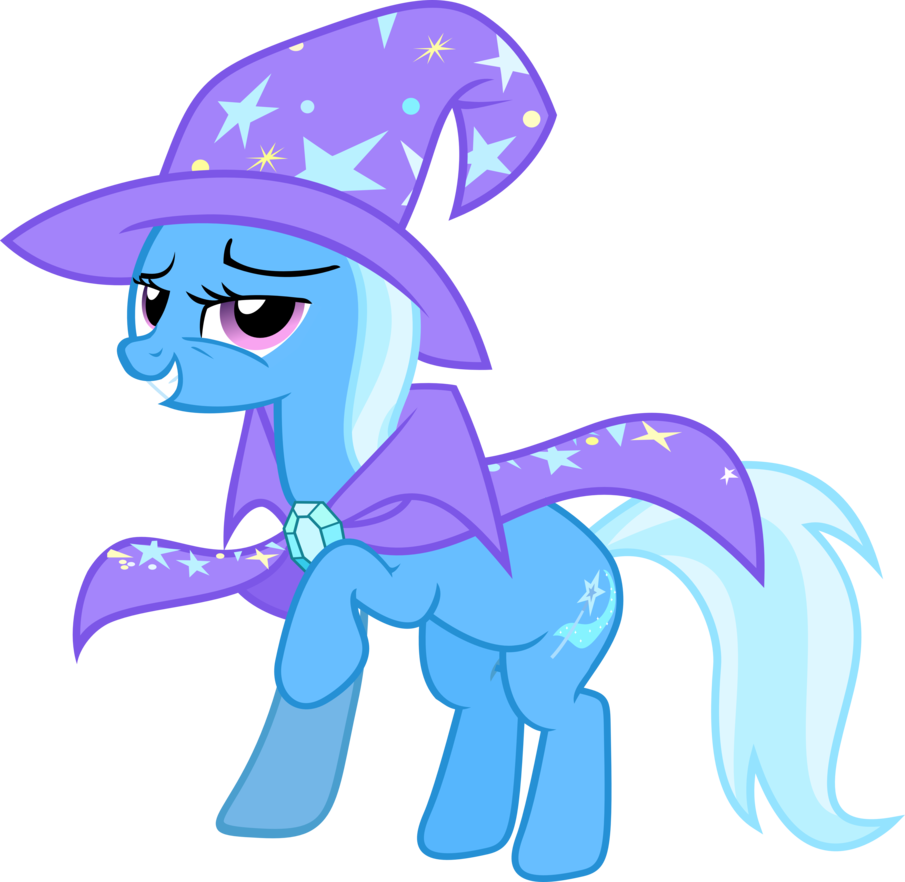The Pronouns of Pros
(Loosely inspired by a G+ post in which I contemplate trying to phrase Eldraeic self-concepts into Japanese pronouns and honorifics: I went with a baseline of watakushi-sama, if you’re curious.)
Did you know (you did not) that archaic – or bearing in mind that it’s a deliberately designed language, prototype – Eldraeic had no first-person pronoun? All self-references had to be done through illeism, with name, title, epithet, or some combination of the former.

“I” was just too damn self-effacing, don’ch’know; a puny pronoun unsuited to the truly magnificent magisterial awesomeness of – well, any one of us, really. Pronouns, after all, are substitutable; individuals are very much not.
(It’s also handy when it comes to matters of valëssef, since your choice of name, title, or epithet to use lets people know which of your facets you are manifesting at the present time, without resorting to wearing masks Ochalean-style.)
Even third-person pronouns were typically replaced by names when referring to people, for reasons of respect and because by the same principle, it lets the person addressed know which of their facets is being addressed.
Second-person pronouns were… best avoided, really.
Modern Eldraeic, however, does have a first-person pronoun (val), usable in casual speech to save time, but much like the third-person, it’s an assignable variable; it’s customary to illeize when you first speak, and on all subsequent valëssef shifts, to let people track the changes. Third person usage has tracked this change in approximately the same way.
No-one will find it particularly strange if you go full illeist, though. It just moves you into an extra-formal register.